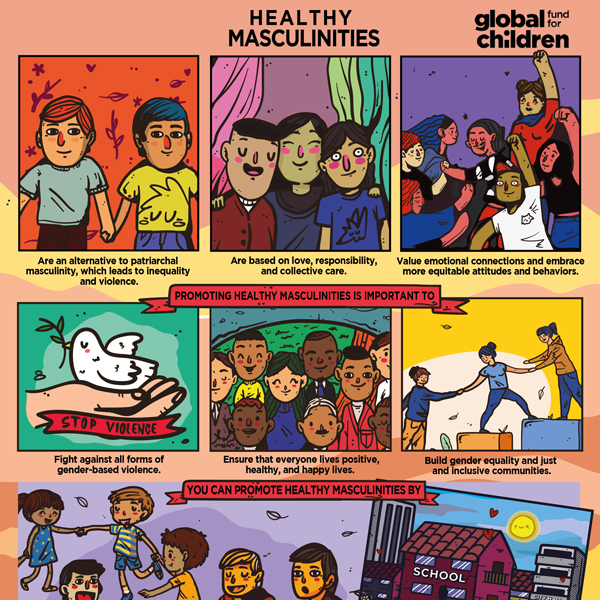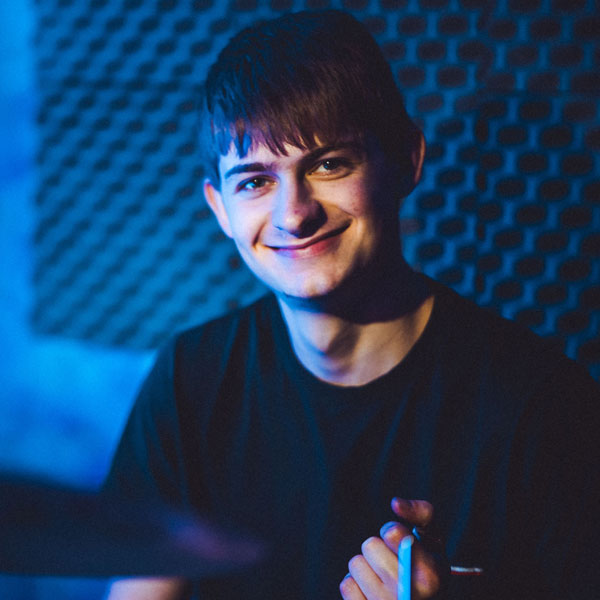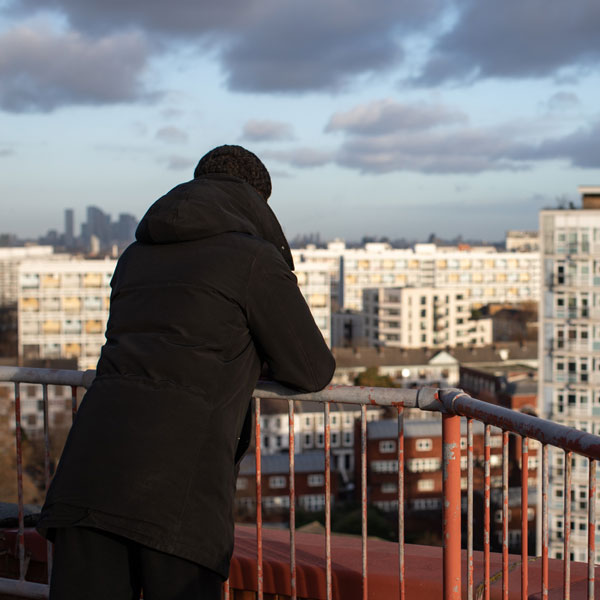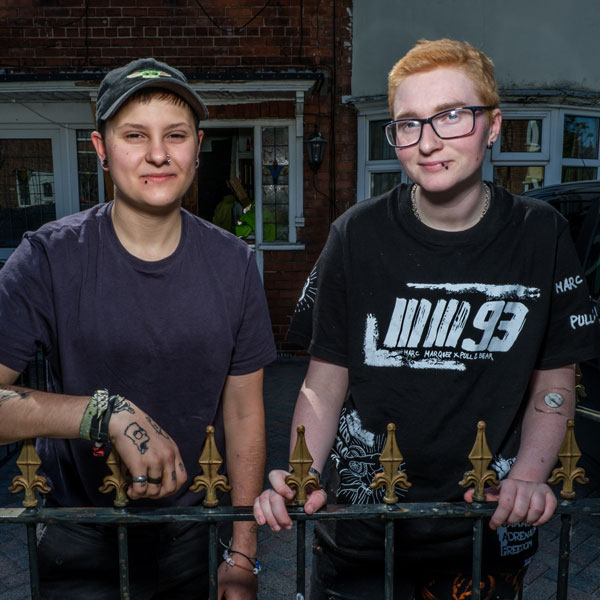Xanthe Tunley-Stainton, Global Fund for Children’s Team Support Assistant in the UK, shares her reflections on the first in-person convening for GFC’s Exploring Masculinities in England initiative.
Too often in the fight for gender equity, the role of boys and men in bringing about positive social change is ignored or even denied. GFC’s Exploring Masculinities in England initiative was designed to change this. For over a year, ten grassroots organizations have worked with young people in their communities to explore the impacts of masculinities on their lives. In September 2021, at the end of the pilot, they finally got to meet in person.
The convening was condensed into one and a half days, but that did nothing to limit the enthusiasm shown by our partners. We began with group discussions about the issues facing boys, young men, and masculine-identifying people today, covering the organizations’ work, the wider world, and local communities. From COVID to culture to trans identities to food poverty, each group shared unique insights into how recent events and sociopolitical landscapes have affected this demographic.
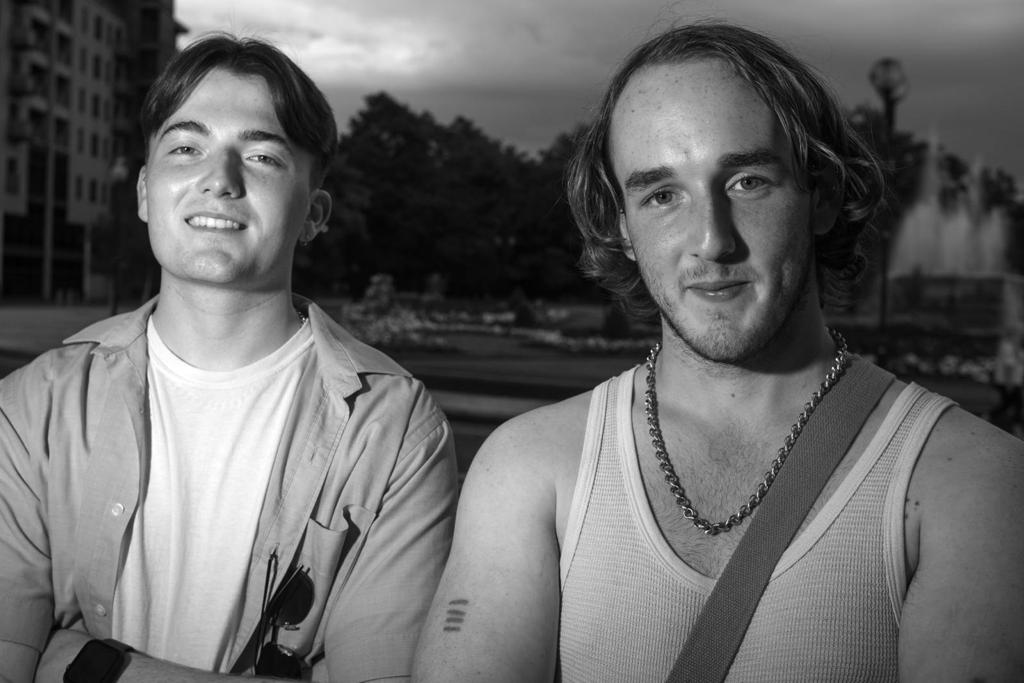
The discussions were followed by a tour of the amazing facilities at The Warren Youth Project – a resource center for young people in Hull that has been a cornerstone of the community for nearly 40 years. The Warren, one of our partners in the initiative, hosted the convening.
We worked in the resource center’s open lounge area, which is where we enjoyed performances from three of The Warren’s young musicians, and we explored the recording studio. We were also treated to fantastic lunches prepared by young men in the organization’s SCRAN! project – which aims to improve young people’s skills and confidence in the kitchen – and we experimented with virtual reality and hologram meditation and games in the Curve, a digital space to support creative skills development. It is clear from the moment you walk inside The Warren that it is a space designed first and foremost for young people.
In the afternoon on the first day of the convening, participants engaged in a more direct reflection on the initiative. Overwhelmingly, the response from partners was that they wanted more: more time in the initiative, more areas to explore, and more relationships and networks to build with each other and with their wider communities.
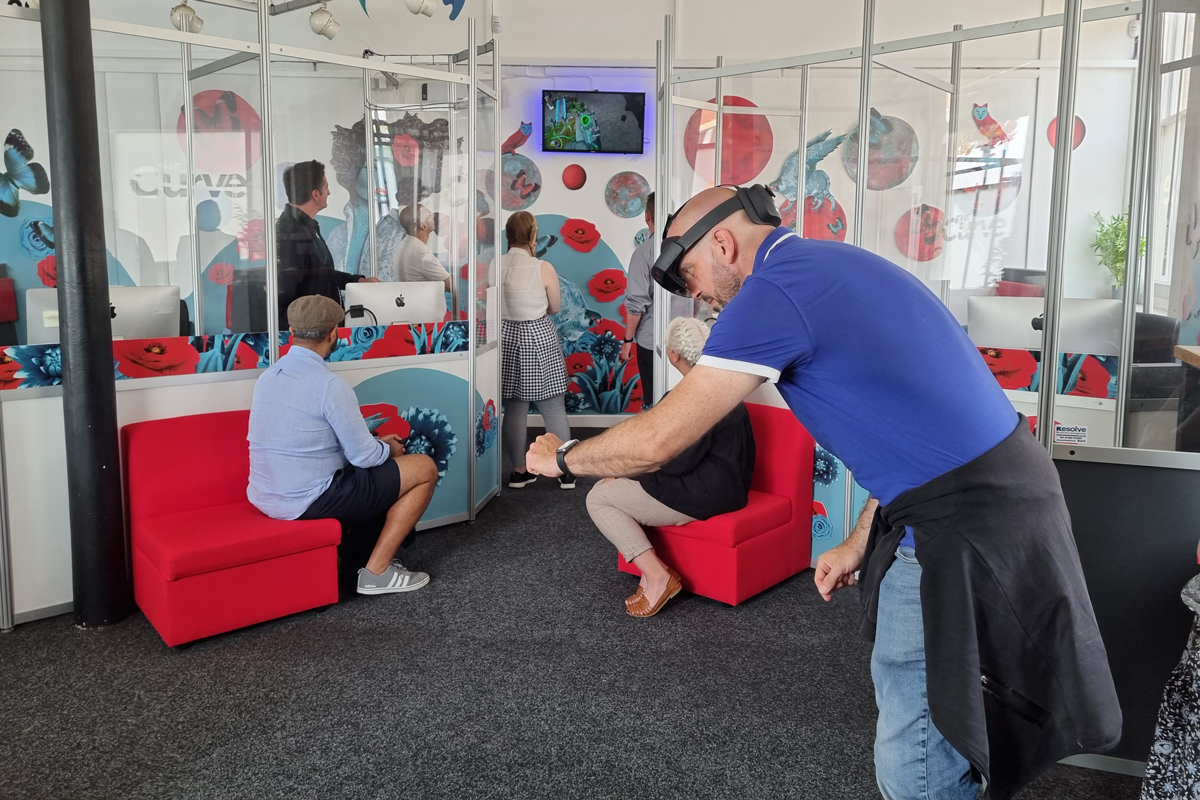
For the last session, we used a technique called open space facilitation, and this was where our limited time together was felt most strongly. Of the dozen or so topics identified for discussion, we selected just four, and then ran out of time discussing two: mental health and racial justice. Despite the time limit, these proved to be eye-opening conversations on topics too frequently ignored in discussions about masculinities.
My personal highlight was seeing all these separate grassroots organizations come together to form new networks and inspire each other with new goals. Too often, we believe we are acting alone. This was, of course, exacerbated by COVID, which quite literally forced us into isolation.
Getting to see and facilitate connections and relationships – and knowing that they will lead to even greater achievements and bigger changes – was truly inspiring.
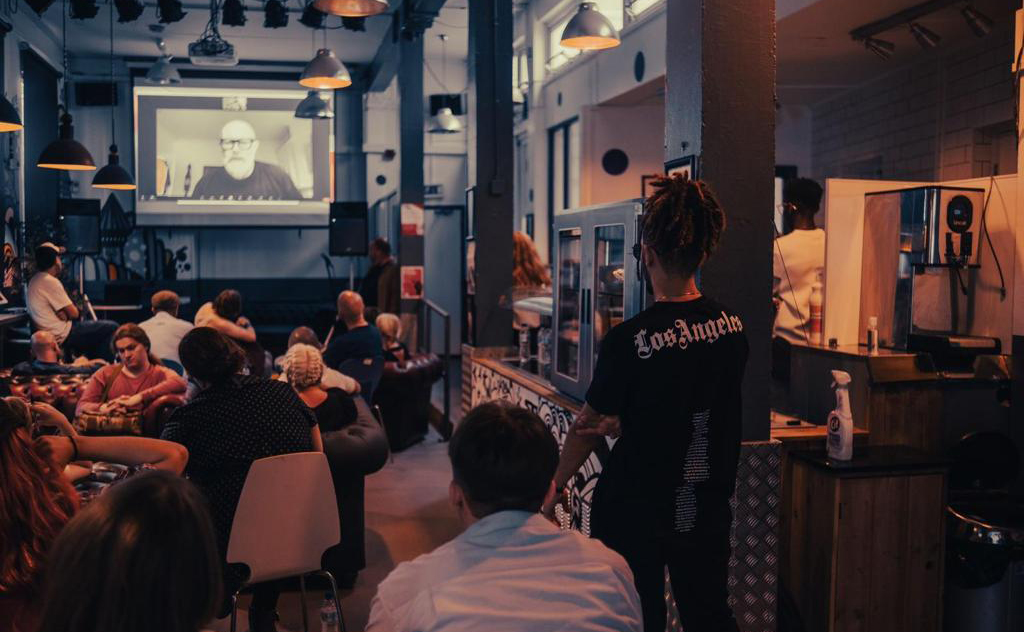
The convening was, ultimately, a learning experience for GFC and for our partners. Two takeaways stuck out to me. First, how valuable it would have been if COVID had not prevented us from having a convening at the beginning of the initiative so that these connections and shared understandings could have benefited the cohort from the start. Second, how important it is to set aside time at the start of an initiative to discuss big ideas and approaches. When you get a group of passionate people together to discuss the very thing they are passionate about, it is no wonder that they can spend hours at it! Giving participants more space to do that early on would have allowed for more focused sessions later and built even more energy and openness.
No one is ready for this initiative to end – not GFC and certainly not our partners. I can’t wait to see what happens next!
Header photo: The inside of The Warren Youth Project’s resource center. © The Warren Youth Project
